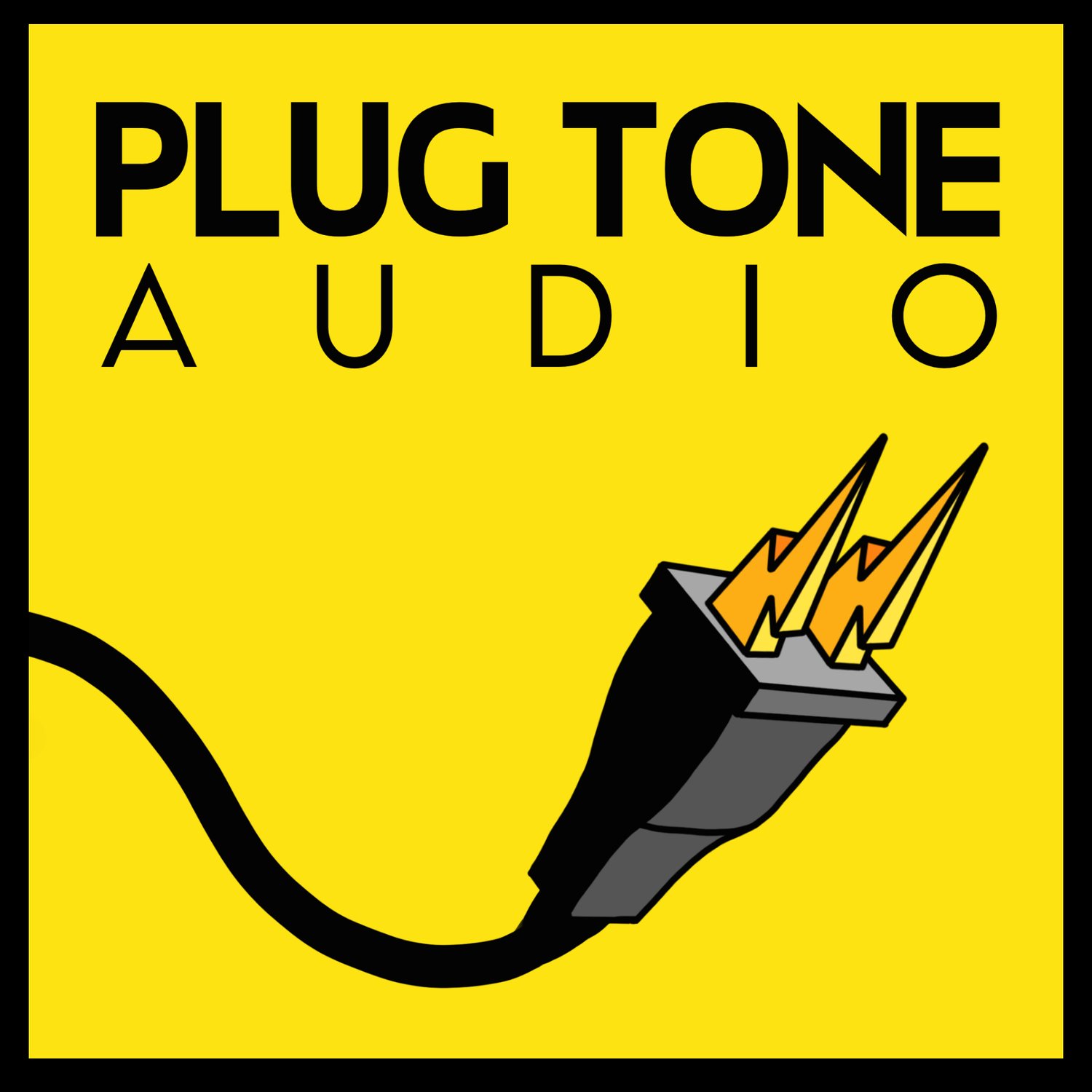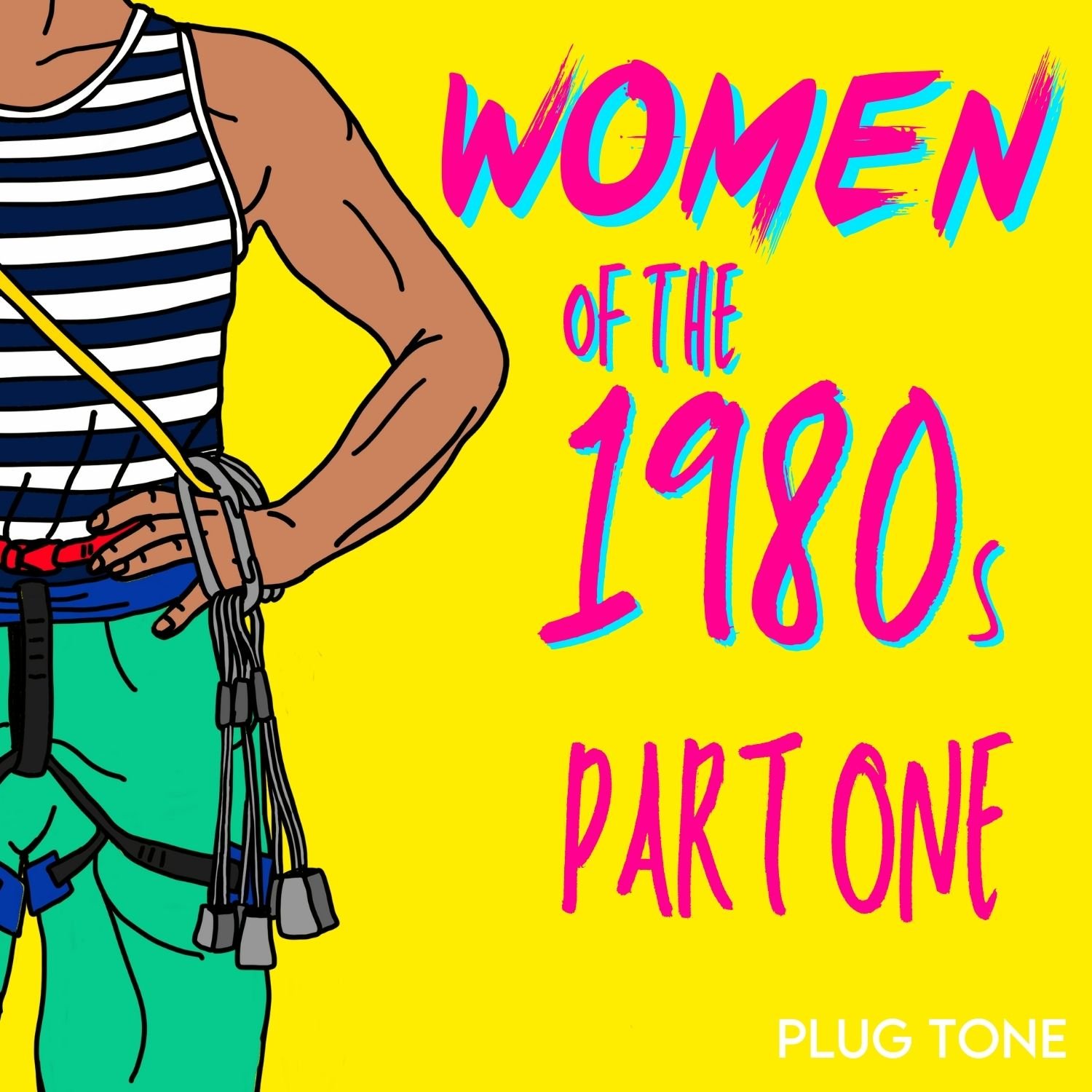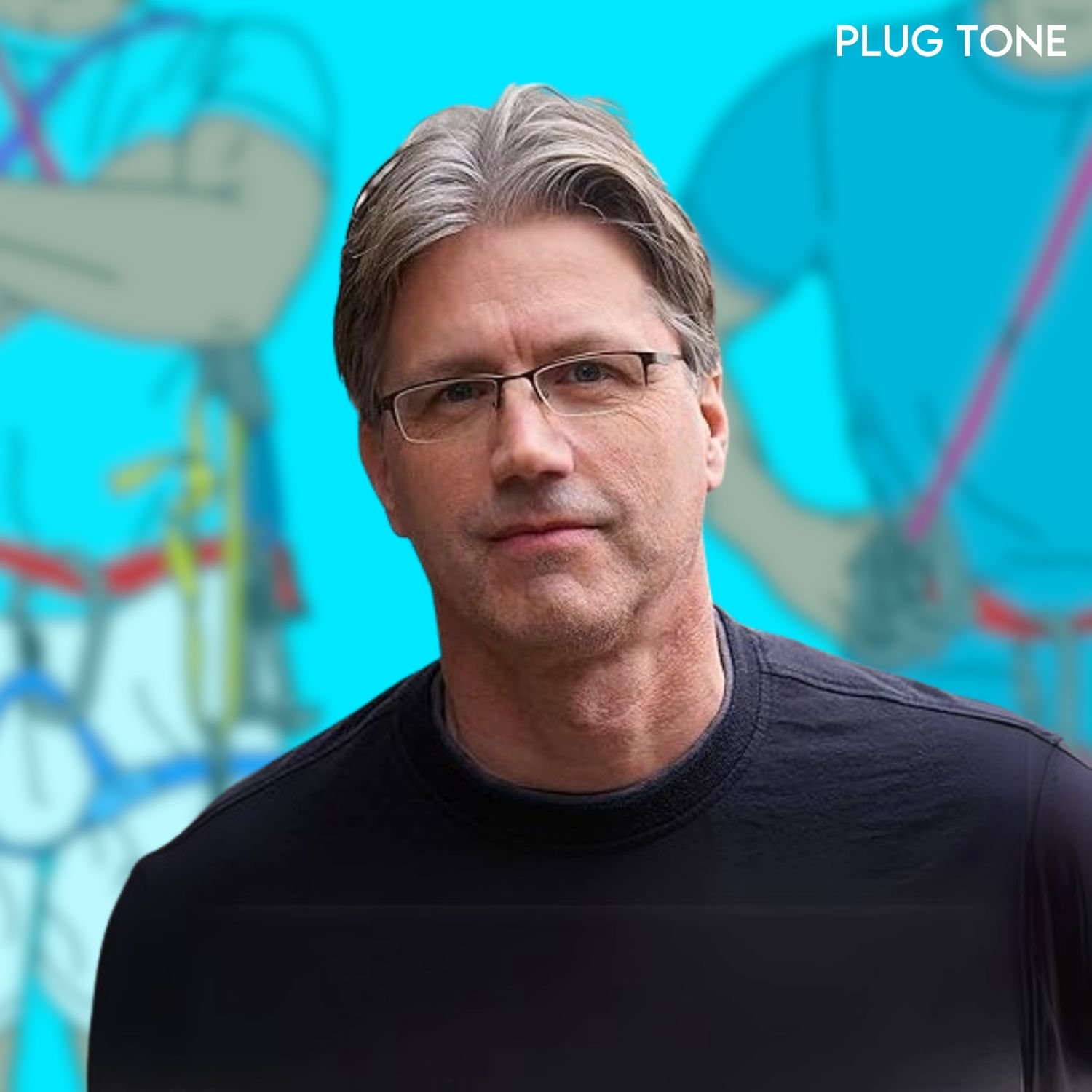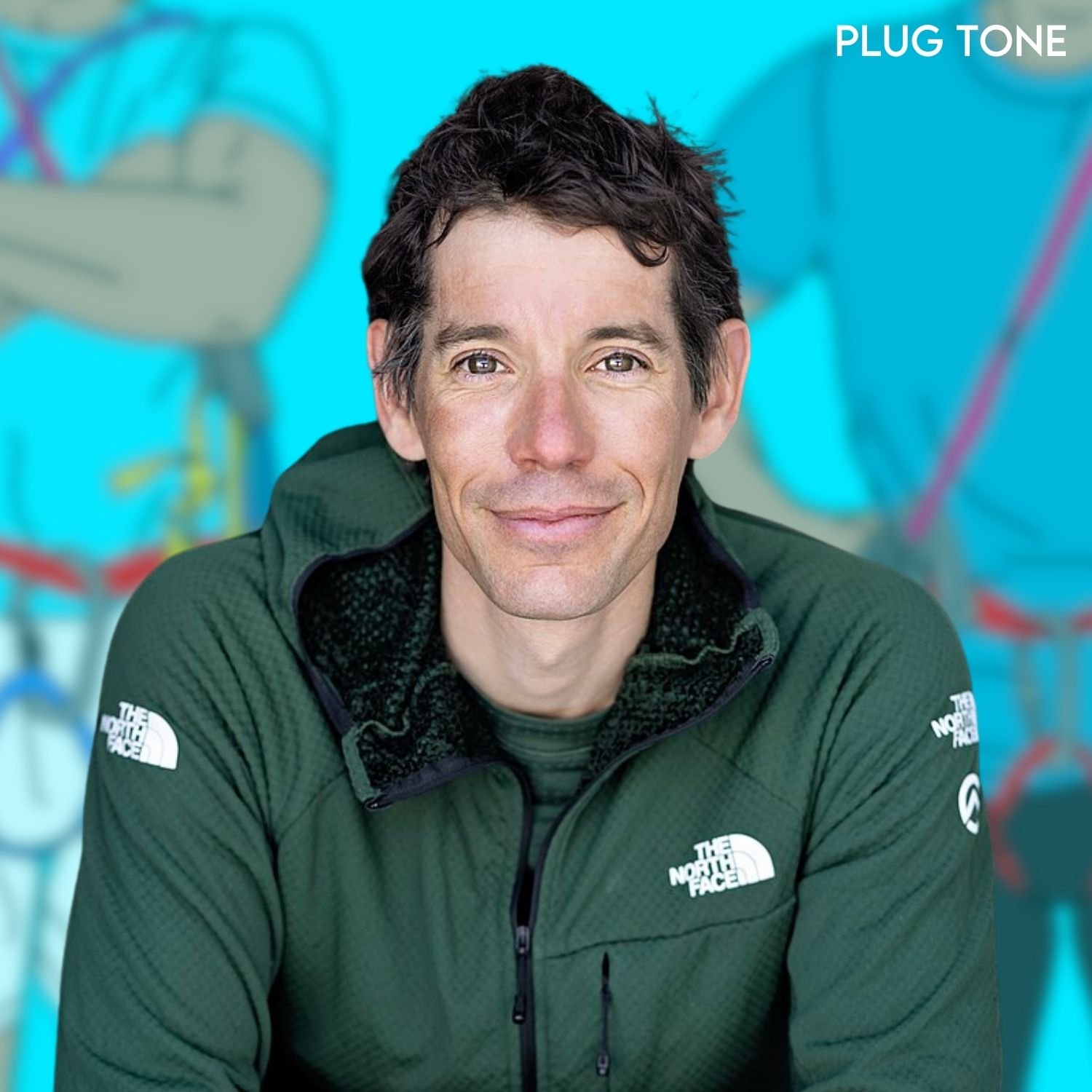PodBeta | The Importance of Preparation
On PodBeta, we give you quick, actionable tips for your own podcasting journey.
On this episode of PodBeta, the host of the Climbing Advocate Podcast, Peter Horgan, joins us to share his thoughts on podcast preparation. Whether you’re a new podcaster or veteran, in this episode, you’ll be prompted to create or revamp your preparation processes in order to have the best possible conversations with your guests, and make things easier from a post-production standpoint.
LINKS:
FULL TRANSCRIPT:
Emily Holland 0:08
Welcome to Pod Beta, where we give you quick podcasting tips from the Plug Tone Audio Collective. I'm your host, Emily Holland. Let's get into it. Hey, Peter, how you doing?
Peter Horgan 0:22
Good. Emily, how's it going with you?
Emily Holland 0:24
It is going well, thank you for joining me on Pod Beta. Can you just introduce yourself and your show and how you're involved in Plug Tone?
Peter Horgan 0:32
Yeah, absolutely. My name is Peter Horgan, I'm based in south central Colorado. I'm the host of Access Fund's Climbing Advocate Podcast. And I joined in with Plug Tone Audio and the collective in the last handful of months, just to be a part of a great community of other creators and audio creatives. And yeah, be a part of a community of people who really care about their respective sport activity and others, and how we all kind of interact and mesh together.
Emily Holland 1:02
Wow, that is a really amazing introduction. Love it. It's funny, the topic that we're gonna get into today is pretty pertinent in my mind. Because in preparing for our conversation today, I did very little preparation for our conversation, I forgot what it was like to hook up a mic, how to hook up my inputs and outputs, I forgot what kind of platform I wanted to use, and all to say, there's definitely been times in my podcasting experience where I've prepared much more, and I prepared much less. So we're gonna get into it today a little bit about preparation, and why you might want to do it more than you think or sometimes less than you think is necessary. So when I put a call out to the Plug Tone group and see if anyone, any podcasters, in the group wanted to offer their areas of interest in podcasting, you had talked a little bit about, as we tried to figure out, is it Shakespeare or Yoda said to be or not to be? You said to agenda or not to agenda? Can you talk a little bit about why you wanted to bring that topic up?
Peter Horgan 2:21
Yeah, absolutely. I think preparation can come in many forms, doing research on your guests, watching videos, scrolling through their social media, whatever to prepare yourself for an interview. But this specifically, to agenda or not to agenda, comes down to forming questions and topics and kind of handing them over to your guest before you jump on your call or your recording. And I leaned towards, for myself, doing the agenda. I know, it helps me get through the conversation. And I think that's the most important thing is just knowing yourself, and being honest with yourself, like, are you good at just winging it? And improvising or not? And I recognized early on that I don't say I'm bad at it. But I'm better at coming in prepared with an agenda of sorts, right? And so you do that to set yourself up for success. And some people really excel at just winging it, and some don't. And so I tried doing it before and realize, like, yeah, I need to stick with this agenda thing. So I get more comfortable by putting that together. And I send it out to the guests and I don't know, a week ahead of time, with with topics and questions, I usually make two versions. I'll make one with questions and topics that I want to talk about and go over in the conversation. Then I'll copy and paste that into another document and add notes that I want to remember to bring up during the conversation that are pertinent to each subject matter, right. So don't forget those either. And I've had guests reach out before I even had a chance to send them the agenda. They're like, 'Hey, are you gonna send topics and questions for like me to review before I get into it before we record?' and I was like, yeah, yeah. Like, don't worry. It's almost like a panicky feeling. They're like, I don't want to feel silly or stupid, or anything going into the conversation and not knowing what we're talking about. And so I definitely think it relieves some pressure on them by doing that. And, you know, I always leave it open ended, when I send them the agenda, like, hey, if there's anything in here, I send them to him as a Word document so they can get in there and edit the way they want, as opposed to a PDF. So they can get an edit, they can add anything, they can subtract anything amend anything they need to fit, you know, what they want to talk about, and what they're knowledgeable about, because I say that because I've sent topics out to guests before and they're like, you know, I actually don't really know a whole lot about that subject. It's like oh, okay, good. I'm glad I didn't get into the conversation and and like ask you a question and you're like, I have no idea. So yeah, that's those like kind of twofold you kind of you set yourself up for success, you set the guests up for success. And you avoid any any awkwardness maybe in the conversation of them not knowing something or feeling uncomfortable talking about something. That's another thing that's happened before. Like, yes, this might be a little touchy. Let's just avoid that conversation. So yeah, it's it's, it's knowing yourself, and better yet. I think if you can know your guest a bit, too, before you get into it. Whether that's yeah, preparing just learning more about them or knowing like how they might interact in a conversation if they're really good at winging it. And then they're good at improvising, like, I know, like, setting up some guests, like this person could be a talker, they might have another podcast, and they're like, they're really good at this stuff. Then, like, I know, I can be more, you know, improvisational. So yeah, there's, there's kind of the pros and cons. Just set yourself up for success and know yourself and know your guests.
Emily Holland 6:06
Yeah, one thing I say often in a lot of different facets of my life is like, you don't have to be serious, but you should take yourself seriously. And the preparation piece for podcasting is just one of those pieces of taking yourself seriously, right. And whenever I'm being interviewed for some something, I really appreciate a list of questions like to your point, there's been times where people put stuff in there, and I'm like, you might have researched the wrong Emily Holland. And this is not me. So I'm not going to talk about this. So it just gives your guests an opportunity to really control the conversation. And as we know, in a recorded conversation, there's very minimal control, really, I mean, there's as much as you can do, so why not set yourself up for as much control as you can, in that discussion. And the other thing is, if you're editing this, or you have an editor, it makes it way easier if you have like a specific outline and its better flow for the editing process and less to cut out if you don't have like weird in between pauses or kind of transitions that didn't really work out, you know?
Peter Horgan 7:16
Yeah, totally. If I want to revisit a certain section of the conversation. I mean, the outline generally flows in order of the questions I have, generally, I'm starting to make it sound like my these conversations are very scripted, I don't want to give that impression. Because, you know, there is banter in between, if they, you know, I come up with my own thing off, you know, off the cuff when they respond to a question. But if I need to go back and edit something, I can like, kind of go down the outline, and see and kind of guests like, you know, where the conversation that is, and I can find it quickly. You know, for timestamps, when I always do timestamps, with the when I put out the recording too, so I'll just know, like, kind of where to find it. And it's just, it makes things efficient and effective.
Emily Holland 7:57
Yeah, it prepares yourself before the conversation, it prepares your guests before the conversation and allows really both of yourselves to take yourself seriously in this conversation, then, during, it's more of an ease, and it's not a script, but it is a way that you can really have the flow of the conversation, go the way that you think is best for the storytelling of that person or group. And then afterwards, the editing process may be easier. And if you have an outline that you've already created, that's really helpful in creating show notes or social media captions or any other assets that you're using afterwards. So you don't have to go back and listen to the whole thing and be like, what did we talk about? I don't even remember so I just feel like you're right, it really makes the entire process way more succinct and efficient. And you're able to you know, go off script if you want to, but for the most part, you have a great container to keep the conversation in.
Peter Horgan 8:58
Nailed it, yep, 100%
Emily Holland 9:00
Is there ever an instance in which you would say let's, you know, throw it out? We don't want to prepare at all.
Peter Horgan 9:07
I don't want to I wouldn't say don't prepare at all, but I have done some in person interviews and I have prepared for those but I mean, being in person it is like I feel like you're responding a lot quicker to questions and I know I have maybe some notes in my lap but I don't I can't like keep looking down at them. So I just tried to come in like a little bit just have things a little bit more memorized perhaps of what I want to talk about and Yeah, and again if I'm if I'm interviewing someone in person that I know is really good at riffing I'll just like I will put confidence in the in the guest a little bit to help carry the conversation and kind of see where the conversation can go. So I'll just personal preference, whatever you think is going to work best for you, go with that.
Emily Holland 9:56
Yeah, you bring up a really good point though there too is the in-person versus virtual preparation, it's a little different. And I wonder too, if you ever have pre interview conversations or anything along those lines, or have experimented with that in either in person or virtual to help, okay, let's build this rapport. And then once we get into the recording, it's not as like, slow start, we're kind of walking through the mud here.
Peter Horgan 10:25
Walkin' through the mud. Yeah, I, you know, it's mostly over email, I don't do any like pre calls per se. But I definitely established a good rapport with guests, there's many back and forth over email about just, you know, scheduling and stuff and getting the time down. You know, just being flexible with people, I think you can really demonstrate your personality through flex, you know, showing your flexibility with people and, and making sure your schedules line up and everything. And yeah, I've had people come back, and actually, I don't want to like toot my own horn, but like, give me some compliments on like, just the way you got this set up this like going into the conversation that way you pass along these questions and topics like that was really helpful. That was very professional. And I yeah, if you can have those email exchanges, or if it warrants a phone call, like, definitely, definitely do that. If the guests requested or if you feel like it's needed, you know, go for it and see if there, see if they want to do that. I've never like set out like, Okay, we need to build this report, it has happened very organically, and I'm pretty grateful for that.
Emily Holland 11:31
Yeah, that's a good point. You don't need to have the like an earlier conversation just to build rapport. If you feel like it's helpful for your storyline, or whatever of what you're trying to express, then sure, but you can establish that by just being like professional and prepared ahead of time. The other thing I might say is just if you're someone who's being interviewed, this is a good opportunity for us to teach other podcasters what is needed in order to feel prepared as a guest too. So if you're not receiving those prepared outlines or questions or any sort of like preamble to the conversation, maybe just ask for that, like you said, Peter, you have had, you know, people reaching out maybe more or even earlier than you actually created the outline, but you know, as interviewees to, we get to control the conversation as well. So if there are things that you need from the podcaster, don't hesitate to ask for them. And if you're not getting what you need, then maybe get interviewed by a different podcaster.
Peter Horgan 12:36
Yeah, yeah. I mean, the host should make the guests feel as comfortable as possible, as humanly possible. And being on the receiving end, the guest end of the conversation can also be intimidating, you know, like getting prepped for an interview, there's maybe some nerves going and you want to sound intelligent and informed. And you know, they've asked you to come on the show. So you want to kind of make sure you fill that role. Well, because you've been, you know, you've been asked to talk on something. So, yeah, there's ways that the guests can prepare and if they need anything from from the host. Yeah, definitely. They're there to help you, you know, help them, help you in a way. So don't be shy.
Emily Holland 13:18
Yeah. Well, thank you so much for giving us these little nuggets of knowledge. So I think the takeaways are just be prepared as much as you feel like is important for your own personality and for what your guests needs. That's what I'm taking away at least.
Peter Horgan 13:32
Yep, you got it. Yeah. It's kind of a mutual relationship here, you know, help each other out and set each other up for success and you can't go wrong.
Emily Holland 13:44
Okay, where can people find you and reach out and listen to your podcast?
Peter Horgan 13:49
The Climbing Advocate Podcast is available on multiple platforms, Apple, Spotify, Access Fund's Website, SoundCloud, Amazon podcasts, just anywhere, anywhere you can get your podcasts, you will find it look for kind of the dark green brown logo with the big headphones on it and the Access Fund logo. And there you go.
Emily Holland 14:12
Nice. Thank you so much, Peter.
Peter Horgan 14:13
Thank you. Appreciate it.
Emily Holland 14:16
Thanks for listening to this short episode. Follow along with us on Instagram at plugtoneaudio, on LinkedIn at Plug Tone Audio or at our website plugtoneaudio.com. If you're liking what you're hearing, make sure to hit that subscribe button, leave a review or share with a friend. Now get out there and create something great




